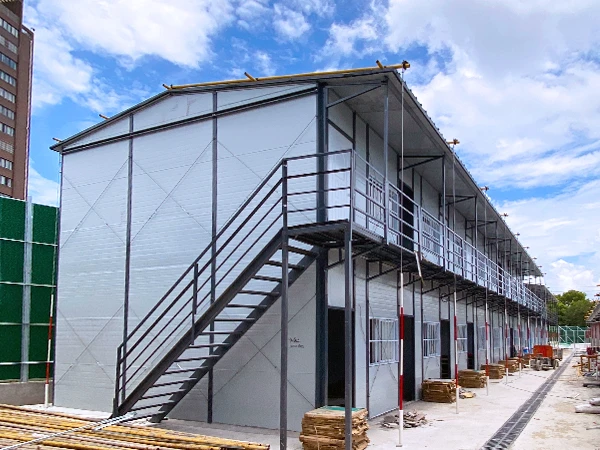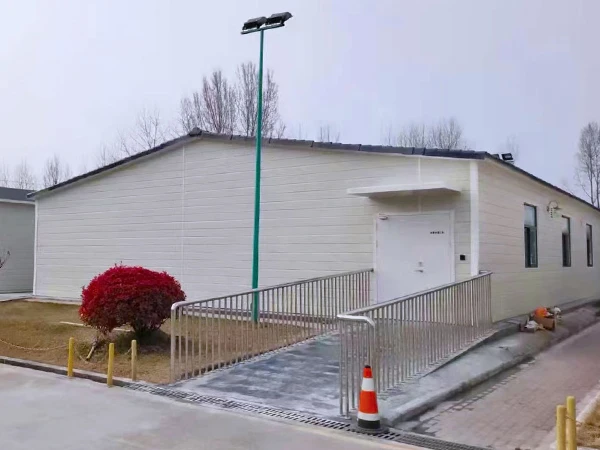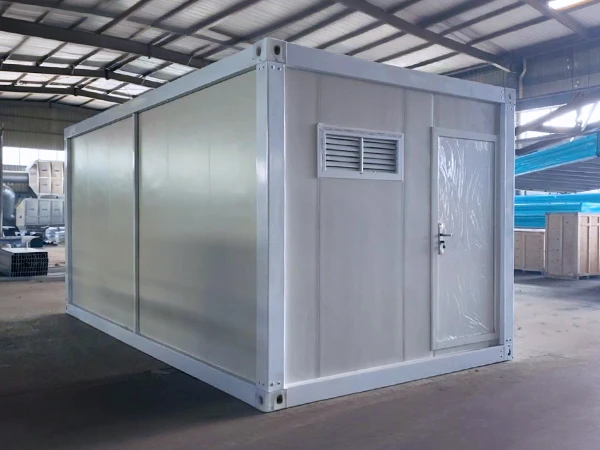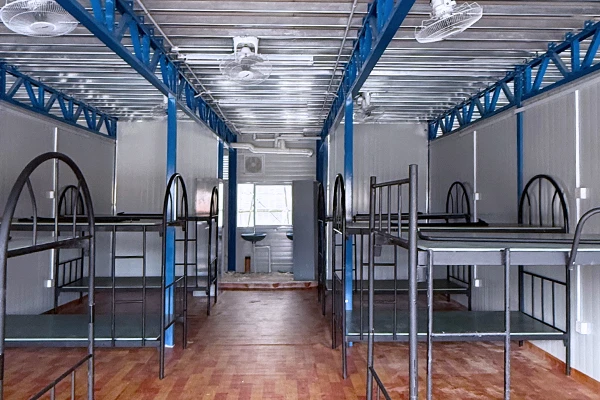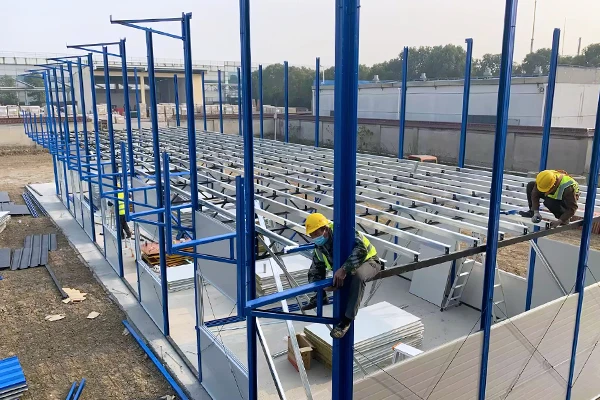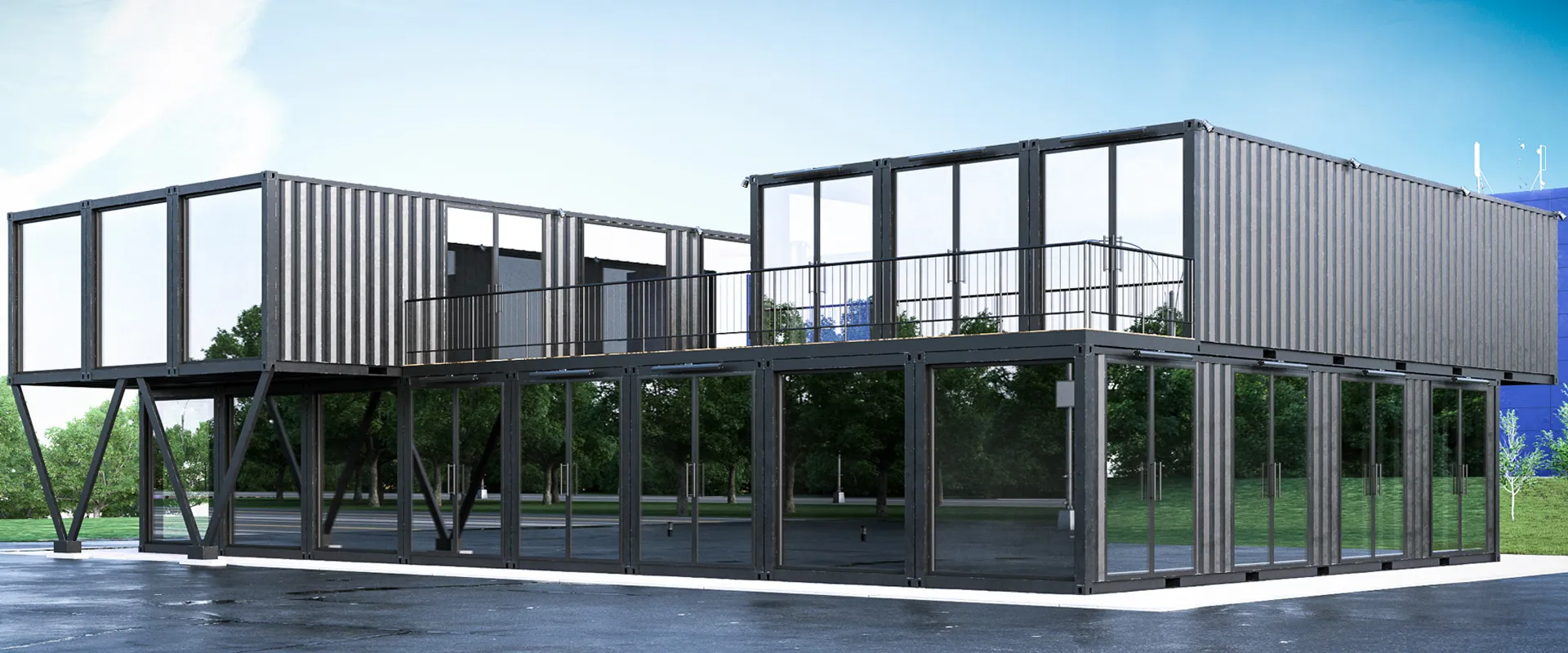

Rapid deployment
A modular medical clinic shaves delivery time. Most work is done off-site in a controlled factory. Units ship ready for quick assembly and simple onsite connection. This speeds patient access when demand spikes. Rapid setup suits emergencies, pop-up services, and phased expansions without long construction delays.


Cost-effective operations
Container clinics lower upfront costs and shorten project timelines. Factory-built modules reduce labor and waste. Leasing or buying modular medical clinic units avoids the large capital needed for full construction. Predictable budgets and fast occupancy help healthcare managers protect operating margins while bringing new services online sooner.


Minimal site disruption
Choosing a modular medical clinic means less noise, dust, and traffic at your location. Off-site construction reduces interference with daily care and nearby patients. Onsite assembly is fast and orderly. Container clinics integrate utilities and finishes beforehand, so you avoid drawn-out renovation or build phases that disrupt clinical workflows.


Flexible and scalable
A modular medical clinic adapts as patient needs change. Add modules to grow capacity or reconfigure interiors for new services. This makes it easy to pilot programs, expand outreach, or reassign space without full rebuilds. The modular approach supports phased investment and smooth operational transitions.


Built for quality and durability
Container clinics are engineered to meet clinical requirements. Controlled production improves finish quality, MEP integration, and structural reliability. Durable materials and tested systems reduce long-term maintenance. These benefits yield safer, cleaner care environments that perform like traditional builds but arrive much faster.


Sustainability and compliance
Modular medical clinic methods cut material waste and site emissions.Units are designed to meet codes and accreditation standards. ZN House-style integrations show how modular projects combine regulatory compliance with practical, lower-impact construction.

